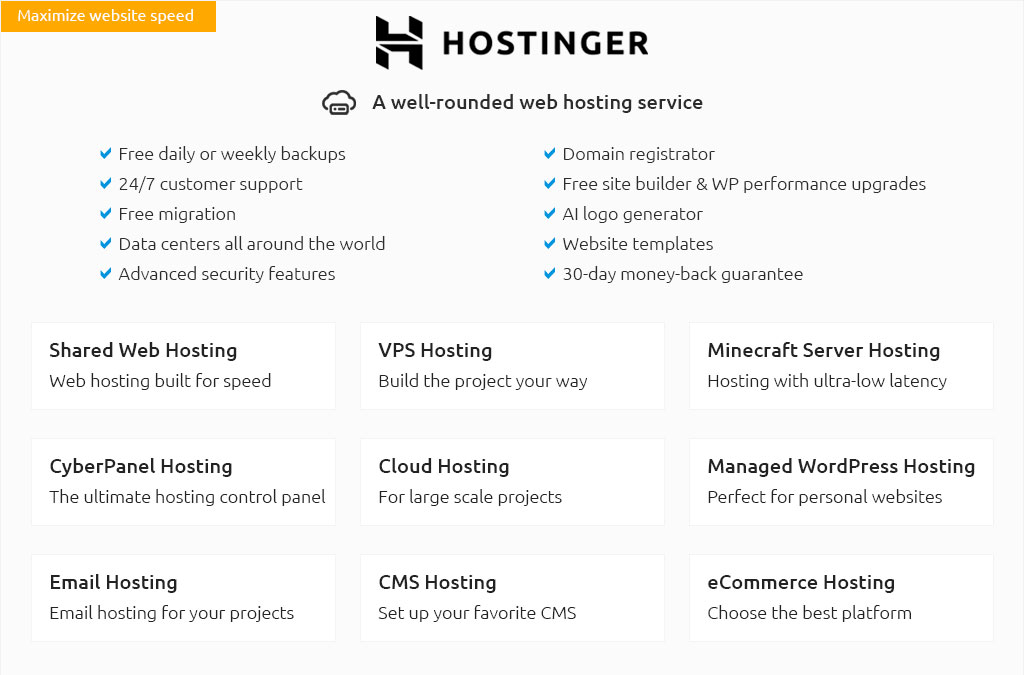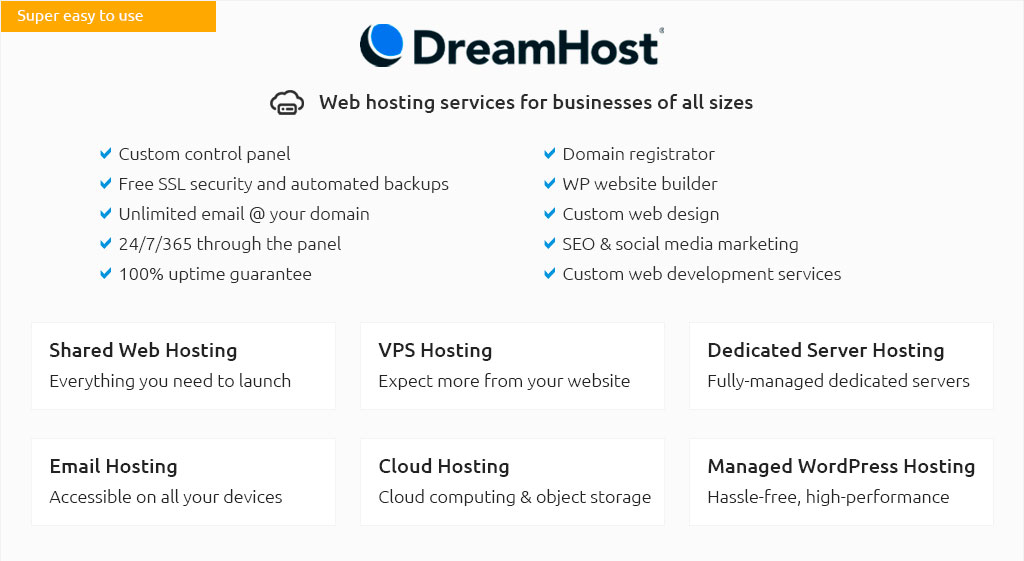 |
|||
 |
 |
 |
|
 |
|
 |
 |
 |
|||
 |
|||
 |
|||
 |
|||
 |
 |
Understanding the Essentials of Top Dedicated ServersIn the vast and ever-evolving digital landscape, selecting the right dedicated server is a pivotal decision for businesses aiming to achieve robust online presence and superior performance. With a multitude of options available, identifying the top dedicated server requires a nuanced understanding of various elements that contribute to its effectiveness. This article delves into the critical considerations and subtle nuances that define the pinnacle of dedicated server offerings. To start, it is essential to comprehend what precisely a dedicated server entails. Unlike shared hosting, where resources are distributed among multiple users, a dedicated server provides an organization with exclusive access to an entire server's resources. This exclusivity translates into enhanced performance, security, and flexibility, making dedicated servers the preferred choice for high-traffic websites and applications demanding substantial processing power. When evaluating top dedicated servers, several factors should be prioritized. First and foremost is performance. The server's hardware specifications, such as CPU, RAM, and storage type, play a crucial role in determining how efficiently it can handle workloads. For instance, opting for servers equipped with solid-state drives (SSDs) instead of traditional hard drives can significantly enhance data retrieval speeds and overall system responsiveness. Security is another paramount consideration. A top-tier dedicated server provider will offer robust security measures, including firewalls, DDoS protection, and regular security updates. Additionally, the capability to customize security protocols to align with specific business needs adds another layer of defense against potential threats. Scalability is equally vital. Businesses should select servers that can seamlessly accommodate growth, allowing for the integration of additional resources without significant disruptions. This flexibility ensures that as your website or application expands, the server infrastructure can efficiently support increased demand.
In conclusion, choosing the top dedicated server requires a balanced consideration of performance, security, scalability, support, uptime, and cost. By meticulously assessing these factors, businesses can make informed decisions that align with their operational goals, ensuring a robust, secure, and high-performing online presence. The right dedicated server not only supports current needs but also paves the way for future growth, embodying a strategic investment in digital infrastructure. https://www.webhostingtalk.com/showthread.php?t=1888886
I'd recommend Leaseweb or Hivelocity. You can contact both companies for a custom quote. Innovative Monitoring Solutions - Xitoring Linux ... https://ecommercebonsai.com/dedicated-server-hosting-providers/
Bluehost is one of the most prolific WordPress hosts available in the hosting industry, though they do support other CMSs as well. They offer ... https://www.liquidweb.com/blog/managed-dedicated-server-hosting-compared/
Liquid Web specializes in fully managed hosting for companies large and small, backed by a stellar support team. It provides VPS, cloud, dedicated, and private ...
|